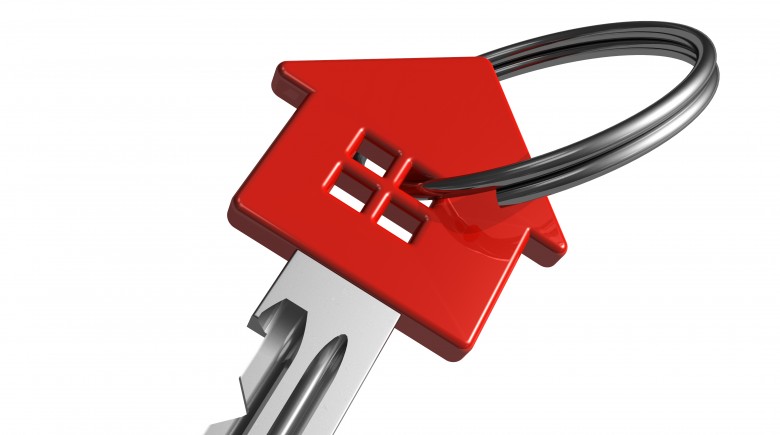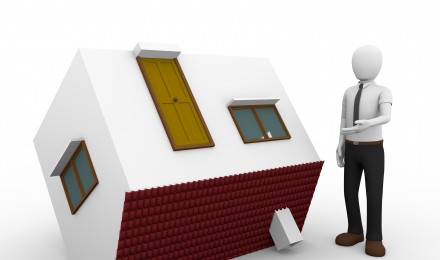Sometimes, you have to just smile at the ingenuity of some of the financial “product” ideas that pop up now and then. Even some of the notoriously bad ones are sometimes just pure inspiration. This latest idea (or at least quite new) is brought to you from something called PRIMARQ. It’s too early to tell the fate of this idea, but it is most certainly intriguing. Basically, what the PRIMARQ system offers is to buy a portion of your home (or future home) in exchange for a share of the profit (or loss) whenever it is sold. In the meantime you stay in your house for as long as you want to and use the proceeds from the sale of the shares as you see fit. The investors are betting that the value will increase over time and in addition, are free to sell their shares to others at any time. And as this article explains (hat tip Daily Crux), this ends up treating your home as a bit like a business:
You can do what some businesses do when they are in this situation: sell “shares” in your house to investors. The proceeds can reduce your mortgage amount, potentially allowing you to refinance or at least reduce your payments.Alternatively, you want to buy a house but don’t have 20% to put down? No worries – buy your house as a “joint venture” with investors. Who said you have to own 100% of your house in order to move in?
It has that why-didn’t-I-think-of-that feel to it doesn’t it? Anyway, this seems to solve some of the more intractable problems in home ownership. At least they’re intractable during tough times in the economy. Some (ok, more than some) bought too much home than was probably prudent and are now having trouble paying off the mortgage. The reasons can be numerous, but needless to say, the situation is always more acute during recessions. This could offer a way to stay in your home until you get back on your feet again. Sure, you lose some of the upside of any price appreciation in your home. But, if someone is laid off from work the potential value at some point 20 years down the road is not at the forefront of their mind.
Now, common sense tells you that all sorts of things could go wrong here. The obvious is that housing prices head down again, and like any investment, there tend to be more sellers than buyers during those times. Or, more accurately more sellers at higher prices than buyers want to pay. This puts the aforementioned laid off guy with offers that may be less than ideal (or even mathematically prudent) just when he needs help the most. In addition, there are questions of liquidity of the shares, especially during those aforementioned down times. Plus, investors will probably need time to figure out when, and in what circumstances a house has sold too many shares and the owner has little incentive to keep up maintenance. And even if an owner has a solid stake in the house, if the value of his portion is underwater (below his mortgage), doesn’t that create more of a chance of him just walking away? What type of neighborhoods are both investors and sellers looking for? Those type of questions will be sorted out as time goes on and more real world experience is accumulated. In general though, an investor gets to invest in real estate, widely known as an inflation hedge, without all of the hassles that typically come with ownership.
It does have attraction for both sides, and that is usually what it takes to make a market. It will be interesting to watch PRIMARQ and any other players to see if this concept becomes widespread.







